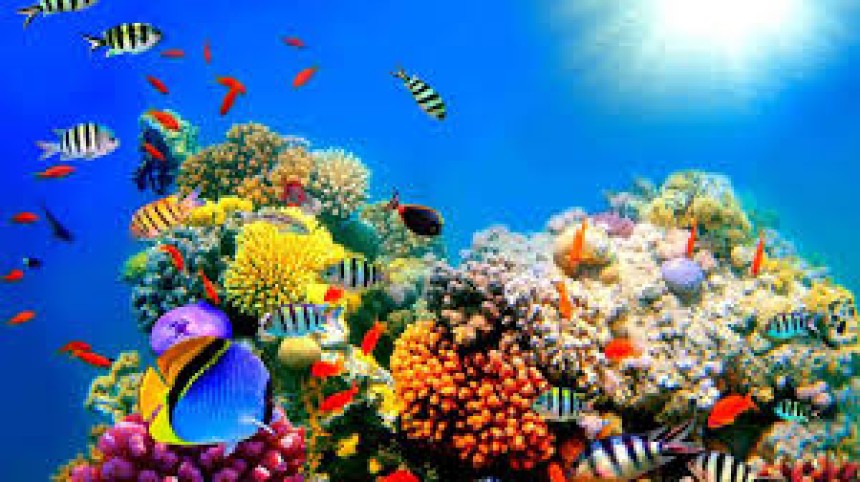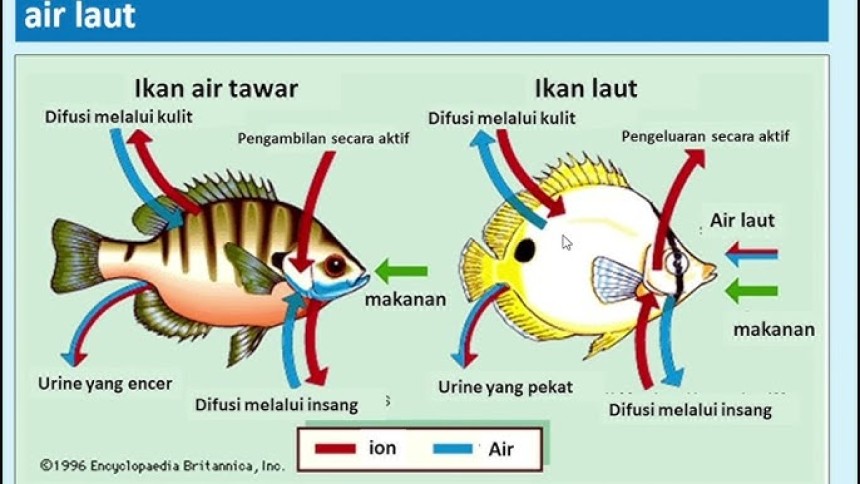
Why fish don't explode in water??
Lets know more about osmoregulation!
Hii! So today I'm gonna write something that is very interesting for me.
Why Don't Fish Explode in Water?
Everybody know that almost all fish in this world are breathing with gill. They use the gill to extract oxygen from water and to excrete carbon dioxide, but have you ever wondered why fish do not explode in the water? The answer of this come from a special process called osmoregulation. Osmoregulation is how fish manage the balance of water and salts in their bodies.
Let’s dive into how this amazing process works!!
Fish live in different types of water: some in salty water and some in freshwaters like rivers and lakes. The water around them has a different concentration of salts - compared to their bodies. To stay alive, fish must keep this balance rightly.
In salty water, fish lose water from their bodies because the salt outside their bodies is higher than inside their bodies. To cope, they drink a lot of sea water and get rid of the extra salt through their gills and urine. This prevents them from drying out .
In fresh water, it’s the opposite problem. The water outside their bodies has less salt, so fish tend to take in too much water. To handle this, they don’t drink much water but instead release a lot of dilute urine to get rid of the excess water and keep their internal salt levels stable.
By carefully managing these processes, fish stay in balance and avoid exploding from too much water or drying out. Osmoregulation is like a fine-tuned system that keeps fish healthy and allows them to thrive in their watery homes. This clever biological system ensures that fish can live comfortably, whether they are in a salty ocean or a fresh lake.
-I Love Biology Class- 😊






